How Medical GPS Tracker Help Aging
Modern technology has been able to bring new and advanced solutions to previously difficult problems. One of the technologies is the ‘Medical GPS Tracker’, which provides real-time tracking for elderly or sick individuals. This device has various applications, including position tracking, SOS alerts, and remote patient monitoring. With innovative technological features, developers have used it for emergency rescue operations and other tracking applications.
The world population is aging at an unprecedented rate, with a rapid increase in the number of people over 65 years old. According to data from the World Health Organization, the global elderly population exceeds 703 million, and it is expected to reach 1.5 billion by 2050. At such an unprecedented growth rate, the demand for elderly care is increasing. An important focus on elderly care is the challenge of monitoring, ensuring, and ensuring the safety of elderly people with illnesses. In this situation, medical GPS tracker devices are valuable and relevant solutions for many people. These devices can track, monitor, and maintain the safety and independence of elderly people.
Medical GPS trackers work using advanced technology, one of which is the Global Positioning System (GPS), which supports most of the functions of these innovative devices. GPS uses satellites orbiting the Earth to track the position of equipment and determine its coordinates. Authorized individuals, such as family members, remote caregivers, or emergency services, can access real-time data from this location. Except for GPS, other devices use WiFi, Bluetooth, and cellular networks to determine location.
Medical GPS trackers have many advantages, one of which is the SOS alarm function. These devices are equipped with emergency buttons that users can press in the event of a medical emergency or any unexpected situation. When pressed, the emergency button will send an alarm message to remote caregivers or emergency service agencies. The alarm information contains necessary information, including the user’s name, location, and specific situations that require urgent attention. This feature has helped save many lives, especially for those with a medical history.
The medical GPS tracker also has remote monitoring function. This feature allows caregivers to remotely monitor patients, allowing individuals with chronic diseases to have more independence. Remote monitoring combines automatic alerts to alert caregivers of significant changes in their personal health status, so that they can take action before the condition worsens. The device is also connected to a smartphone or other wireless device and can forward health tracking data to the care provider’s system. This ensures timely medical intervention, thereby promoting early detection and treatment of health complications.
Medical GPS trackers also help ensure the safety of people with medical problems, especially those with cognitive problems such as dementia or Alzheimer’s disease. These people are prone to getting lost and may get lost, posing challenges for caregivers in tracking them. Medical GPS trackers provide an urgently needed solution, as caregivers can locate the wearer of the device in real-time to prevent them from getting lost or losing direction.
Compared to other monitoring systems, medical GPS trackers are also cost-effective. Assisted living facilities, nursing homes, and other long-term care options can be expensive. Medical GPS trackers provide a more affordable option as they have lower purchase and maintenance costs compared to other monitoring systems. Therefore, for those who would rather spend their later years at home, they are an affordable choice.
However, medical GPS trackers also face some challenges, one of which is privacy issues. People may feel that their privacy is being violated, especially when the device is constantly being worn. This is because individuals do not want their family members or caregivers to know about their every move or their health status. It is necessary to ensure that privacy issues are resolved and that users have a certain degree of autonomy and control over their own lives.
Another challenge is potential error alerts. Medical GPS trackers are prone to errors, either due to weak signals or equipment malfunctions. False alarms can cause panic and anxiety among nursing staff, which can affect their trust in the device’s ability to provide accurate information.
In short, medical GPS trackers are a new and innovative solution that has revolutionized elderly care. They provide many advantages, including real-time location tracking, remote patient monitoring, and SOS alerts, among others. With the continuous aging of the global population, medical GPS trackers will become an important tool for caregivers and emergency services. Although some people are concerned about privacy and error alerts, the benefits of this device far outweigh the challenges. With the development of technology, we can expect more complex solutions to improve the care of the elderly, and medical GPS trackers will undoubtedly be an important component of this innovation.

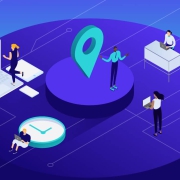
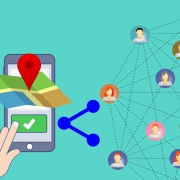
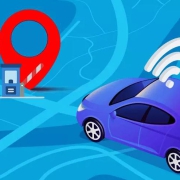
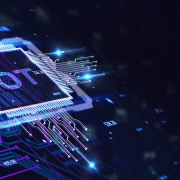
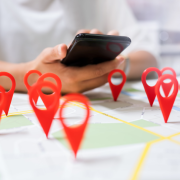
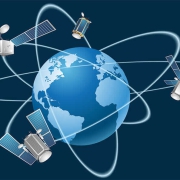
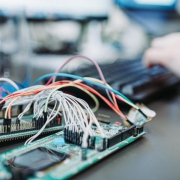


Leave a Reply
Want to join the discussion?Feel free to contribute!